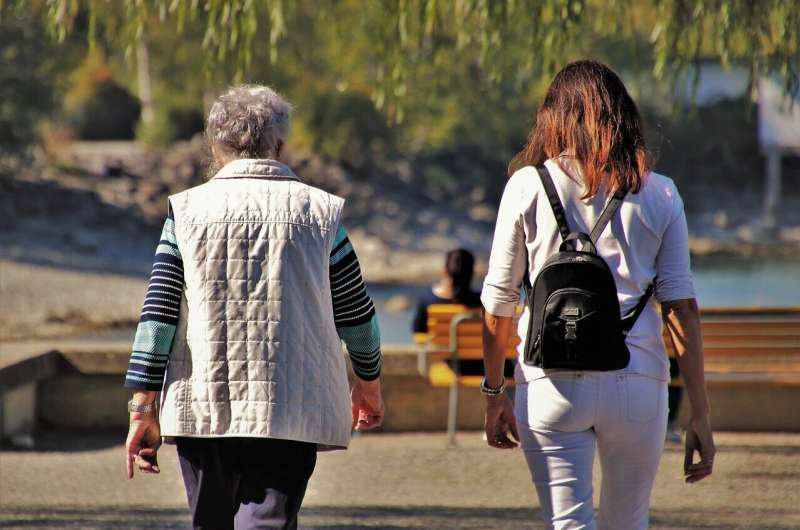December 21, 2023 report
This article has been reviewed according to Science X's editorial process and policies. Editors have highlighted the following attributes while ensuring the content's credibility:
fact-checked
peer-reviewed publication
trusted source
proofread
Statins found to reduce risk of blood clots associated with menopausal hormone therapy

Researchers at the University of Texas Medical Branch, Galveston, have provided substantial evidence supporting the potential role of statins in mitigating venous thromboembolism (VTE) risk associated with hormone therapy in postmenopausal women, possibly reshaping the risk-benefit considerations for this population.
In a paper, "Statin Use and the Risk of Venous Thromboembolism in Women Taking Hormone Therapy," published in JAMA Network Open, the researchers used a cohort of 223,949 women (mean age 57.5 years) with 20,359 cases and 203,590 matched controls to conduct a nested case-control design analyzing data from a commercially insured claims database in the United States.
Statin therapy was associated with reduced VTE risk in women on hormone therapy, highlighting potential benefits for women with perimenopausal symptoms. Hormone therapy exposure without statin therapy increased VTE risk by 53%, but when combined with statins, the risk was reduced by 18% compared to those without hormone therapy or statin exposure.
Menopause can cause problematic symptoms like hot flashes, sleep disruptions, cognitive changes, vaginal dryness and urine leakage that can significantly impact a woman's quality of life. Hormone therapy is often used to manage these symptoms. However, hormone therapy has a downside, as previous studies indicate an elevated risk of developing blood clots or VTE.
Statin drug therapy has been associated with reducing the risk of major cardiovascular events and VTE. Statin therapy, along with hormone therapy, has looked promising in some previous studies, though with different dosage guidelines than are typical in the US.
The current study aimed to clarify the association between hormone therapy, statin use, and VTE risk, specifically in the US population of women aged 50 to 64. The results show that statin therapy reduced hormone therapy–associated VTE risk, with high-intensity statins showing a more significant risk reduction.
The authors conclude that while statin therapy was associated with reduced risk of VTE associated with exogenous hormones, it did not eliminate the risk, suggesting that more controlled studies are needed.
More information: John W. Davis et al, Statin Use and the Risk of Venous Thromboembolism in Women Taking Hormone Therapy, JAMA Network Open (2023). DOI: 10.1001/jamanetworkopen.2023.48213
© 2023 Science X Network



















